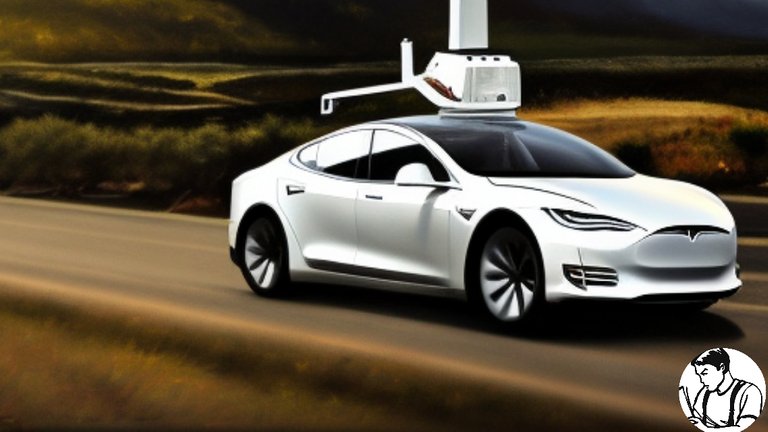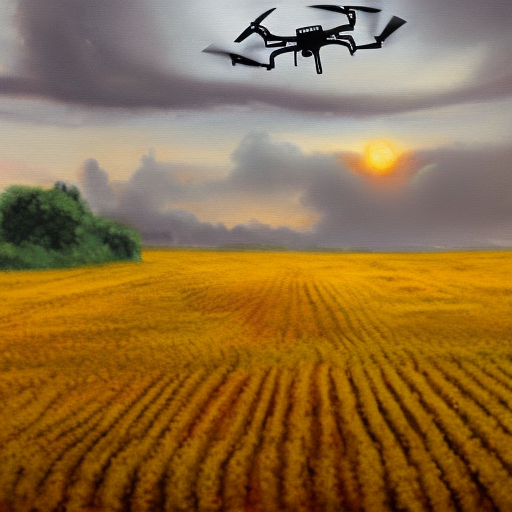Beyond Human Control: Exploring the Autonomous Industry

The autonomous industry is on the rise, and it's hard not to get excited about the possibilities that it brings. From self-driving cars to drones and even home automation systems (breeding more lazy humans), the potential for this technology is endless. But what exactly is the autonomous industry, and how is it impacting various industries?
The Autonomous Industry
The autonomous industry refers to the use of technology that can operate independently without human intervention. It's a broad term that encompasses a variety of applications, some of it include transportation, agriculture, manufacturing, and logistics. In transportation, for example, we're seeing the development of famous self-driving cars like Tesla that can navigate roads and traffic without the need for human input. This could revolutionize the way we travel, making it safer, more efficient and hopefully more productive too.
Agriculture is another industry that's seeing the benefits of autonomy. Drones are being used to survey crops and identify potential issues, while autonomous tractors and harvesters can work around the clock without the need for human operators. This can increase efficiency and reduce labor costs, making it more cost-effective for farmers to grow a variety of crops on all seasons.

Manufacturing and logistics are also seeing the benefits of autonomy. Robots are being used to handle boring repetitive tasks, freeing up human workers for more complex tasks such as critical thinking. This can increase output efficiency and also reduce the risk of injury. Autonomous vehicles and drones are also being used to transport goods, reducing the need for human drivers and making deliveries faster and more cost effective.
The Challenges Ahead
While the autonomous industry is exciting to watch it grow, it's not without its challenges. One of the biggest challenges is regulatory approval. Governments need to ensure that these autonomous systems are safe and reliable before they can be deployed on a large scale. Public acceptance is another challenge, as people may be hesitant to trust autonomous technology. For some people, it seems weird and alien. How could a car drive itself without human intervention?
Technical challenges such as the ability to deal with unpredictable environments and ensuring that these systems can operate safely around humans also need to be addressed.
However, despite these challenges, the autonomous industry is expected to continue growing and expanding.
Conclusion
As technology advances and becomes more accessible to businesses and consumers alike, we're likely to see more and more autonomous systems being integrated into our daily lives.
From self-driving cars to drones and home automation systems, the possibilities are near endless, and we're just scratching the surface of what's possible. I'm most excited about self driving vehicles and their evolution. Maybe we will one day have an autonomous spacecraft that will allow us to roam beyond the Earth's orbit.
All images created via Nightcafe Studio.
Thanks For Reading!
Profile: Young Kedar
Recent Posts;
● Decentralized Autonomous Organizations (DAOs): The Future of Business
● Utility Tokens: The Unsung Heroes of Blockchain
● Innovation Over Tradition In Personal Finance
● The Buy And Build Concept: A Strategy For Personal Growth And Wealth Building
● UBI: A Basic Income For All?
● Musings On The Crypto Exchange Giant
Dolphin Support: @cryptothesis
Posted Using LeoFinance Beta
